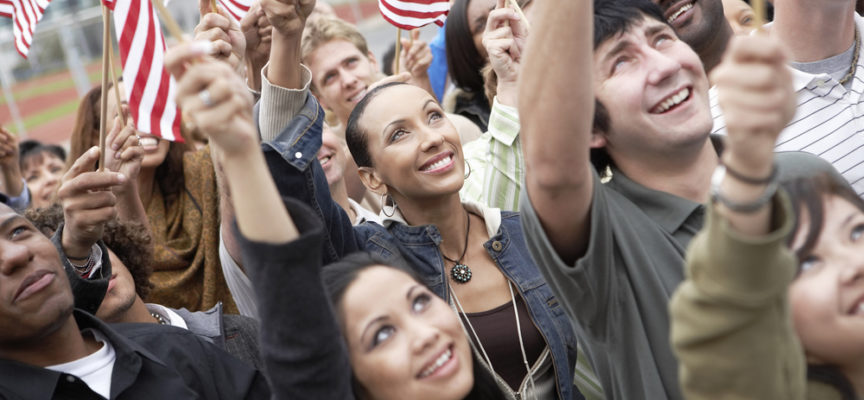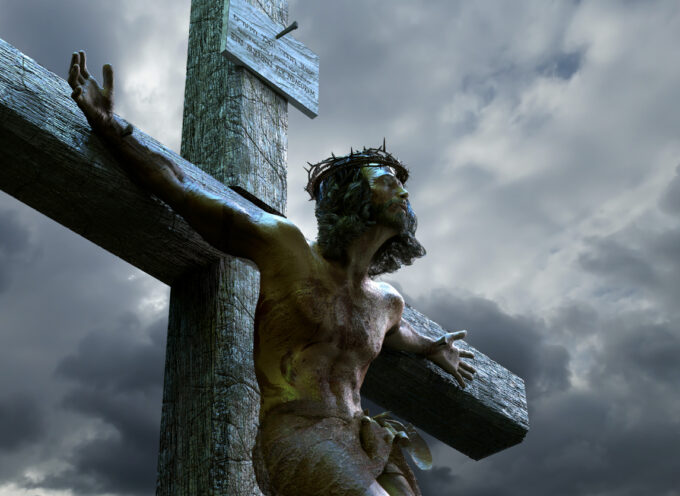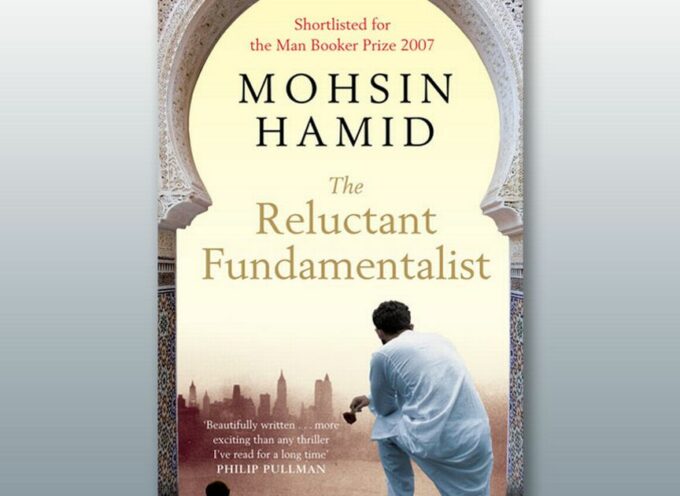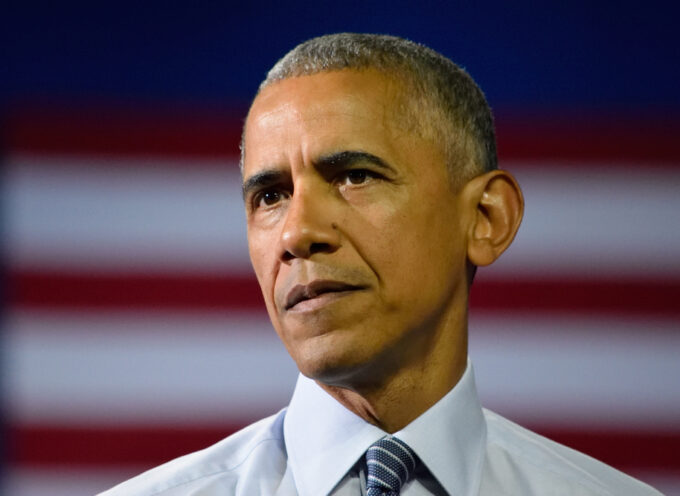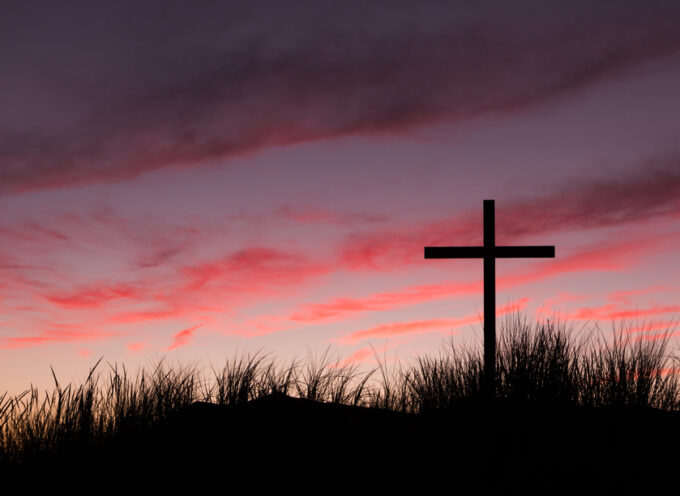Christian,
I apologize that I haven’t been able to respond sooner. If you’ll believe it, there are actually times when we professors have to log some hours and do an honest day’s work. You know how grueling it is to crank out a 15-page paper the night before it’s due? Well, imagine having to read that same paper, and 75 other similar papers, while simultaneously offering constructive feedback on each page. Many of these papers are terrific, but most bear the marks of having been written in an over-caffeinated delirium at 3:00 AM. I have a theory that if forced to grade enough papers in succession, a professor may literally die from tedium. It’s like being stoned to death with ping pong balls.
[Editor’s Note: “”The One Political Rally Christian Americans Shouldn’t Skip” is one in a series of posts in which I will answer letters from my mailbag. Although the letters address specific questions posed to me by real readers, I am composing these blogposts as if the reader were a hypothetical college student named “Christian.”]
Anyway, I’m glad you enjoyed my little autobiographical diversion in my last letter. My heart was strangely warmed thinking of the cold nights I spent in Kazan, finally seeing the connection between religion and politics in a fresh way.
Now, for your letter: I really enjoyed the details of the “religion and politics” debate you had with Professor Baileywick in your political science department at Dupont University. Baileywick is a big wig in academic circles, if you didn’t already know. He’s written more books than most people have read. So I understand you being a bit intimidated. But when he began to describe your views as “scary stuff”—that, Christian, should raise the question of how good of an education is being offered at Dupont. Is it a genuine liberal arts education or merely indoctrination from one point of view? In fact, if you’ll remember, a few years ago a national news outlet revealed that Dupont’s political science faculty is composed of forty three Democrats and—[drum roll]—one Republican. That’s a little odd, eh? No wonder your professor thinks your views are so exotic and so scary. He’s teaching in an echo chamber!
Fortunately, the political science department is not your most important political community. That honor is reserved for your local church. That’s right. I said it. The local church is the most important political community in our nation.
Now, I don’t mean to say that local churches should fancy themselves public policy centers or political think-tanks; churches are neither called nor competent for those purposes. Those who attempt such things lose their character as the church and produce sloppy policy to boot. It’s a lose-lose.
What I do mean to say is that local churches are political at a deeper and more profound level than political parties, think tanks, or election cycles. The church is political in the sense that it is the only divinely-instituted embassy for Christ’s Kingship. And for that reason, it is the one political assembly in which every Christian American should participate.
You probably haven’t ever heard the church referred to as a “political assembly.” But remember the political nature of Jesus’ life and ministry. He lived and ministered in the context of the world’s greatest superpower, the Roman Empire. So when Jesus preached a “gospel of the Kingdom” (Mt 4:23) and declared that God’s kingdom was at hand (Mt 3:2), everybody understood that he was announcing a political kingdom of some sort. Not a single person listening to him envisioned an apolitical series of revival meetings. N. T. Wright writes:
Jesus’ message was after all inescapably political. He denounced rulers, real and self-appointed. He spoke of good news for the poor. He led large groups of people off into the wilderness, a sure sign of revolutionary intent. He announced the imminent destruction of the Jerusalem temple. At the start of a festival celebrating Israel’s liberation, he organized around himself what could only have looked like a royal procession. And he deliberately and dramatically acted out a parable of the temple’s destruction, thus drawing on to himself the anger of the authorities in a way which he could never have done by healing lepers and forgiving prostitutes (though we should not miss the revolutionary note in his offer of forgiveness, whose real offence lay in its bypassing of the temple cult). . . . He died the death of the lestai, the political insurrectionists (Barabbas, and the two crucified with Jesus, were lestai). How could he not have been ‘political’?
Even though Jesus did not run for political office, build an army, or lead a public advocacy group (thank God), his ministry was political in the deepest and most profound sense of the word: it was designed to reveal that Jesus himself is the true King of the whole world. His political authority relativizes every other political claim.
It’s why Paul told the Philippian Christians (Philippi was a Roman colony) that the day will come when every person will confess that Jesus—rather than Caesar—is Lord (Phil 2:10-11). In fact, the early church grasped Jesus’ political claims to such an extent that Paul had to remind them to give proper respect to the Roman government and resist the temptation toward anarchy (Rom 13:1).
If that were true of Jesus—the founder of our faith—and true of his first followers, doesn’t it make sense that God’s set-apart community today, the local church, would be similarly political?
(Now, your political science professors are going to think this is really “scary stuff.” They’ll think it is scary because they are educated in the school of secular modernity, which, for all its gestures toward tolerance, is a totalizing worldview that will brook no compromise with Christianity. Even though Christianity gave birth to the modern West, the child has grown up to abuse its parents. But enough about your professors’ worldviews. More on that later.)
The deeply political nature of Jesus’ ministry suggests that his community—the church—would also be, in some sense, political. The question is, in what sense? In order to answer that question, Christian, it’s helpful to view the church as both an organization and an organism. The two elements of the local church will act politically in slightly different ways.
When we attend church for the Sunday morning gathering, we are experiencing the church as an organization. This organization nourishes our primary political identity—ambassadors of Christ the King—and does so in very specific ways outlined by the Bible.
When we attend church, we come face-to-face with other citizens of God’s kingdom, learning to love them and respect them despite our social, cultural, ethnic, and economic differences. We listen to a sermon in which the pastor (ideally, at least) reminds us that the Bible provides the true story of the whole world, a story in which Christ is at the center. We take the Lord’s Supper, in which we are reminded that the King shed his blood on our behalf and will return one day to reconstitute the world under a reign of peace and justice. We adjourn with prayer, understanding that we are being sent out into the world as emissaries of the King.
So the church as an organization is “political” in a profound but limited manner. Its political nature is profound because it is an embassy of Christ’s kingdom, reminding us and encouraging us to find our identity in him. Its political nature is limited, though, because local churches are not designed (or competent) to rule the nation, translate the Bible’s moral teaching into public policy, or defend the nation from enemy attack. Those tasks fall out of the church’s organizational jurisdiction. To borrow from Kuyper’s language, it is both beyond the church’s circumference as well as untrue to the church’s center to dictate public policy.
Yet, the church’s political influence doesn’t end there. The church is not only an organization, but an organism. Another way to put this is to think of the church gathered and the church scattered. Both are the church, but they act differently. When members of a church adjourn, we are sent out into the world as ambassadors of the King.
The exact nature of our ambassadorship will differ from church member to church member; it depends on our competency and circumstances. For most church members, our ambassadorship can be summed up as “being good Christian citizens.” Our primary allegiance to Christ motivates us and guides us in our coffee shop conversations, Facebook interactions, political party involvement, and voting decisions. Our love for him and our loyalty to his Word shape our family life, work ethic, leisure and entertainment, reading habits, and neighborhood involvement. Our embrace of the gospel causes us to serve fellow citizens who are financially disadvantaged or socially marginalized; it spurs us to share the Christian gospel with others. Each of us can—and should—perform these sorts of political actions.
Other church members, however, can serve our nation in more specifically political ways. Some members are directly involved in politics, serving as politicians, political staffers, policy wonks, judges, or lawyers. Others serve in related fields such as political journalism. These members are uniquely positioned to serve our nation politically. Their primary allegiance to Christ should motivate and guide the way they craft public policy, engage in public debate, and interact with their constituency.
In other words, Sunday morning public worship prepares us for Monday morning public life. Sunday morning worship reminds us that the Bible is the true story of the whole world, and that Jesus stands at the center of that story as the King of the world. Monday morning public life provides the opportunity for Christians to allow the Bible’s story and Jesus’ kingship to shape the way we speak and act in the public square. After gathering to bask in Christ’s light together, we are prepared to disperse for the rest of the week to reflect the “light of the world” together in our respective stations of life.
I doubt Professor Baileywick agrees with this assessment. But if he could open his mind just a little bit, maybe he could see that this way of thinking is not “scary stuff.” This way of thinking should, in fact, prevent some of the ham-fisted and misguided ways that Christians in the past have attempted to influence politics. History, of course, provides ample examples of both Christians and non-Christians who have wreaked havoc in the political realm. Baileywick is afraid you’ll re-create the Spanish Inquisition. Fair enough. We must also protect against the terrors of anti-Christian political ideologies, like those of the Nazis, Josef Stalin, and Pol Pot—just to name a few. The point is this: a citizen or politician who is genuinely committed to the biblical Jesus will have unique motivation and special resources to serve our nation well.
Well, I’ll wrap it up for now. You mentioned that you’re in the midst of writing end-of-semester research papers. Do me a favor, would you? Since you’ve got a “target” on you now (you’re a—gasp!—evangelical Christian), do your best to turn in excellent papers. Make sure your research is first-rate. Choose an interesting topic and make sure your writing is lucid and engaging, OK? If you don’t, your prof will go to sleep faster than a ferret swimming in a bucket of thorazine. More importantly, he won’t respect you.
PS – You mentioned the “separation of church and state” in your last letter. Now that’s a rich phrase with an intriguing history. I could ramble on about it for a while, so let me know if you want my take.
-Bruce
Subscribe
Never miss a post! Have all new posts delivered straight to your inbox.

